Embracing Slow Fashion: Tips for a Sustainable Wardrobe
In a world dominated by fast fashion, adopting a slow fashion mindset can be a transformative journey towards a more sustainable and mindful lifestyle. Slow fashion encourages conscious choices, quality over quantity, and a deeper connection with the clothing we wear. Here are some valuable tips to help you embrace slow fashion and build a wardrobe that aligns with your values.
Understanding Slow Fashion
Prioritize Quality over Quantity
Slow fashion urges us to move away from the disposable nature of fast fashion by investing in high-quality garments that stand the test of time. Instead of constantly chasing the latest trends, focus on timeless pieces made from durable materials. These items may initially come with a higher price tag, but their longevity will ultimately save you money and reduce your overall environmental impact.
Mindful Consumption
Embrace a mindful approach to shopping. Before making a purchase, ask yourself if the item aligns with your personal style and if you can envision wearing it on multiple occasions. Avoid impulse buys and take the time to evaluate whether the garment complements your existing wardrobe. This practice reduces unnecessary clutter and ensures that each addition to your closet holds meaning.

Building a Sustainable Wardrobe
Opt for Versatility
When selecting new clothing pieces for your wardrobe, prioritize versatility. Choose items that can be mixed and matched with various outfits to create different looks. This approach not only maximizes the use of each garment but also reduces the need for excessive shopping. Invest in staples like neutral tops, well-fitted jeans, and classic outerwear that can transition through seasons.
Explore Secondhand and Vintage
Secondhand shopping is a cornerstone of slow fashion. Explore thrift stores, consignment shops, and online platforms for pre-loved treasures. Vintage pieces not only add uniqueness to your wardrobe but also contribute to reducing textile waste. Give these items new life and incorporate them into your style to create a distinctive fashion statement.
Support Ethical Brands
Research and support brands that prioritize ethical and sustainable practices. Look for certifications like Fair Trade or organizations dedicated to eco-friendly production. Ethical brands often focus on transparent supply chains, fair wages, and environmentally conscious manufacturing processes, ensuring that your purchases contribute to positive change.

Extending the Lifespan of Your Wardrobe
Proper Care and Maintenance
To truly embrace slow fashion, take care of your clothing items to prolong their lifespan. Follow care instructions, such as proper washing, drying, and storage, to prevent unnecessary wear and tear. Simple practices like folding instead of hanging and using natural fabric softeners can go a long way in preserving the quality of your garments.
Repair and Upcycling
Don't discard clothing simply because of minor flaws. Learn basic sewing skills to repair small damages like loose buttons or loose seams. Additionally, explore creative upcycling projects to breathe new life into old or worn-out pieces. Transform jeans into shorts, turn a scarf into a headband, or repurpose fabrics for unique accessories.
Embracing Slow Fashion Beyond Clothing
Mindful Accessories
Extend the principles of slow fashion to accessories. Opt for timeless jewelry, belts, and bags that complement your wardrobe. Choose items made from sustainable materials like recycled metals or ethically sourced vegan leather. Similar to clothing, prioritize quality and longevity over fleeting trends.
Eco-Friendly Footwear
Sustainable footwear is a crucial aspect of a slow fashion wardrobe. Invest in well-crafted, durable shoes made from eco-friendly materials. Consider brands that utilize recycled materials, renewable resources, or innovative production methods that minimize environmental impact.

A Journey Worth Taking
By embracing slow fashion, you're not only transforming your wardrobe but also contributing to a more sustainable and ethical industry. Remember that transitioning to a slow fashion mindset is a gradual process. Start with small steps, such as evaluating your shopping habits or exploring secondhand options, and build from there. With each conscious choice, you're making a positive impact on the environment and supporting a more responsible fashion future.

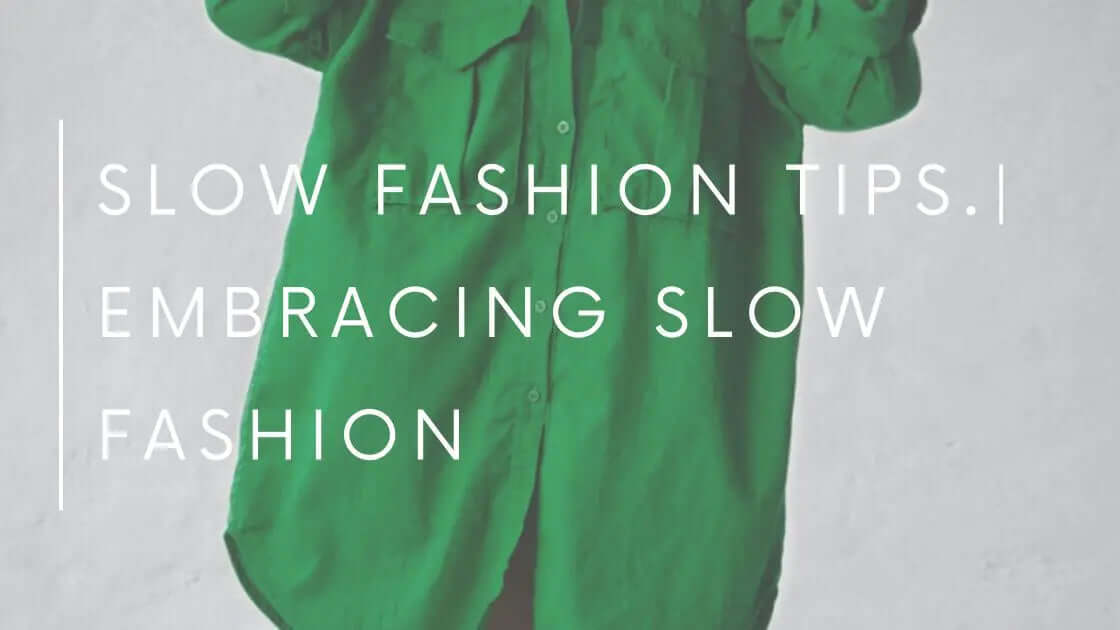






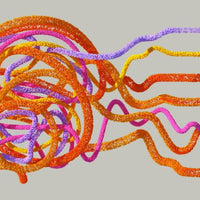
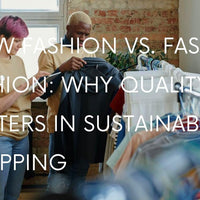
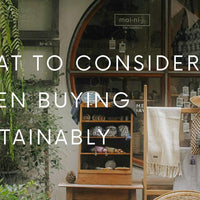
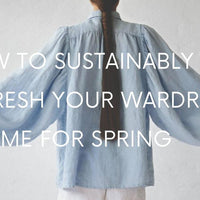

0 comments